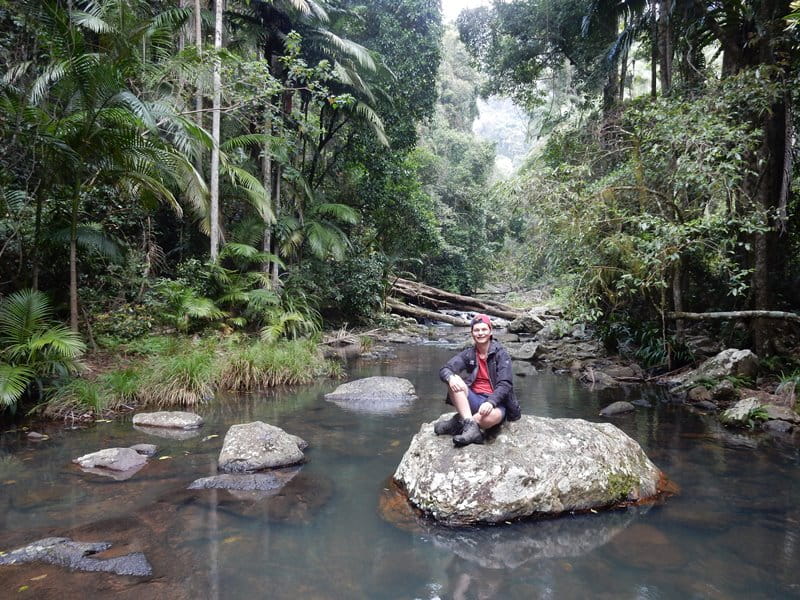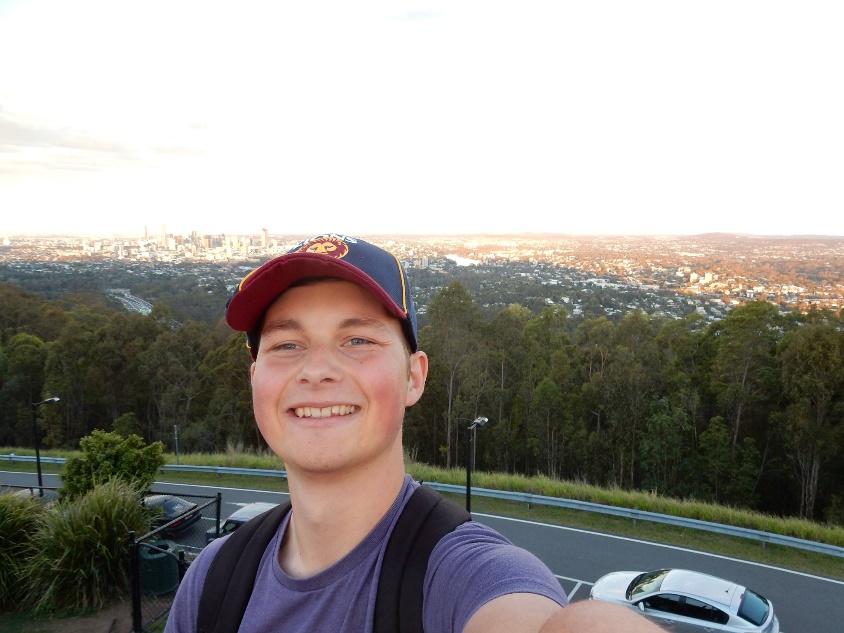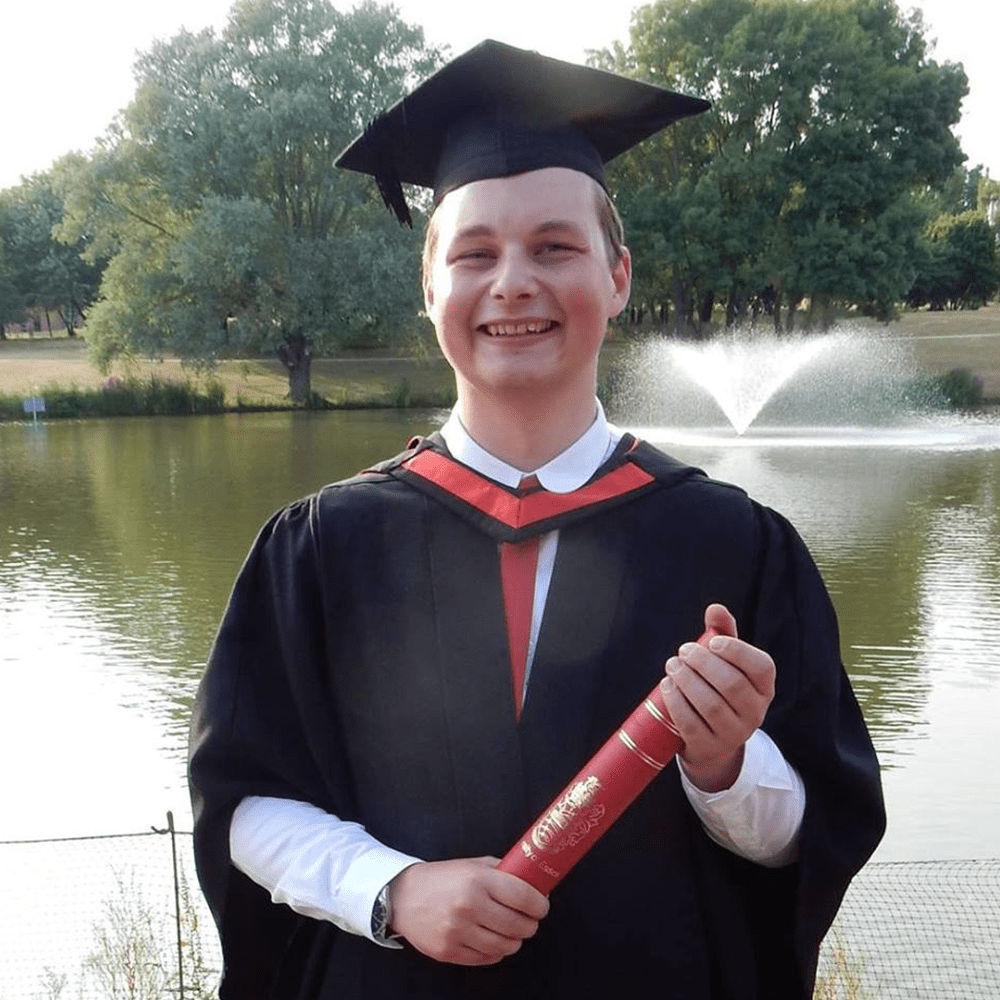If you’re planning to study abroad during the next academic year, you’ll probably already know that you won’t just have uni work to do over the Christmas break.
You’ll also have the tricky dilemma of shortlisting 3 choices to put on your study abroad application. It will likely take hours of scrawling through university websites and countless Google searches before the deadline at the end of January.
With hundreds of choices available, at first it can be a bit confusing on what to look out for.
As someone who went through the process last year, here are a few of my top tips for choosing a location for your year abroad!

1. Creating your own personal criteria: what do I want to get out of this?
Study abroad is an amazing opportunity. However in order to get the most from it, you need to know exactly what you want.
Depending on the location, partner university and personal preference, this will change.
For example, if you want to study abroad in order to practice your German, then you’re not exactly going to be keen on going to Mexico.
Personally, I wanted to go an English speaking area which had good travelling opportunities. This was so I could study Drama easily and also travel during my time off.
2. Going through all of your options
With hundreds of universities to choose from, it can be hard to shortlist them down to your top three.
What I did was to copy and paste all of Essex’s’ partner universities from the University website into a word document. Then, as I researched them one by one, I highlighted them either green, yellow or red…
Green: one of my top choices
Yellow: I’m not sure yet/possibly?
Red: Not suitable/I don’t want to go there
I personally trawled through all of the American, Canadian and Australian partners that Essex has, as well as a lot of others to find a Uni for me.

3. Researching: What modules are available?
It’s worth having a look at what modules each university offers in terms of content when you’re researching.
Often a good point about studying abroad is the option to study topics that aren’t available at Essex.
For example, during my first term in Australia I studied modules in Entertainment and event/festival management.
3. Shortlisting: Is this actually somewhere where I want to live for a whole term/year?
Once you’ve discarded all of your irrelevant universities, you’ve now got to think about whether you would be happy going there or not.
It’s just like when you were picking universities for UCAS.
Can I imagine myself actually living there once the honeymoon period rubs off?
4. Remember: Don’t get your hopes up on a location until it is confirmed.
Things change and partners are removed and added all the time. So until it’s confirmed, don’t rest your hopes on one single place.
This happened to me, when I found out that a university in Lousiana was now unavailable for exchange. It’s the worst thing is to be let down by something that is out of your control, so always have a few options!
I won’t lie to you, it’s a difficult decision and it won’t happen overnight. However good decisions and some good picks now will make it all worthwhile!



